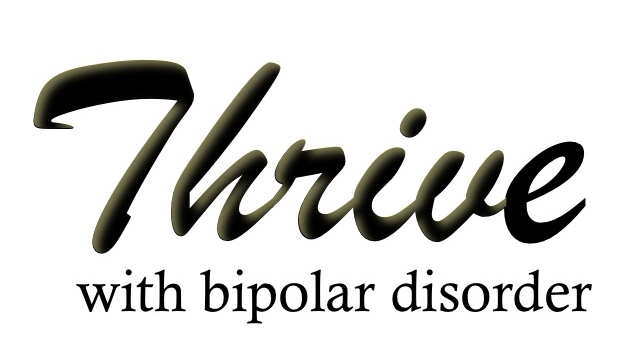team THRIVE! Doing this self-nurture once is like removing one brick from a wall…the wall is still there.
To be successful at nurturing ourselves, we must consistently and persistently work at it brick by brick.
Directions for this self-nurture activity:
You are to write two letters:
Letter # 1: Write a letter to someone who:
-
-
-
- Hurt you
- Disappointed you
- Who you want to forgive
- Someone who passed away
-
-
This letter is FOR YOU…for your own healing.
Letter #2: Write a letter to yourself responding as if you are the person you wrote the first letter to.
Letter #1
In this letter, share with him both what you need and needed from him and how not having it affects and effected your life.
REQUIREMENTS:
Self-nurture comes from taking responsibility for how we respond to our loss, disappointment and hurt.
It empowers us to be our best.
Do NOT blame, shame, or judge the person you are writing to…even if they were horrible, it will not help you heal…here’s a reminder why.
Have compassion and empathy for who they are.
[box type=”warning”] Note: This form of letter is NOT to be used for someone who VIOLATED you.
If you are writing this letter to a perpetrator…skip the directions above and write freely whatever you need to say.[/box]
Here are ideas to help guide you:
- To bring compassion into your heart, focus on what they did RIGHT by you and in your life…how they enhanced your life….what you learned from them…how they helped you overcome something. Focus on what you appreciate. WRITE this down first.
- To bring empathy into your heart, think about what their life was like. What challenges, struggles and losses did they experience growing up. Was their something they did not get that they needed as a child and adult, as a result they could not give it to you.
- Acknowledge and take ownership of your needs, desires and expectations…how you need/deserve to be treated etc.
- Take ownership of your disappointment and hurt from not getting your needs met…this takes the place of blaming, shaming and guilt….which only adds poison to wounds, these actions do NOT heal wounds.
- How did not getting what you need affect you?
- How did disappointment affect you?
- Share with them how your pain. Let them know that their choices and actions hurt you.
- Acknowledge that you are able to recognize that they did their best with the resources they had available at the time…even though their best was not good enough for you.
- Forgiveness. Forgiveness can mean many things:
- Acceptance of what happened and there is nothing you can do to change what happened…but you can change your response
- Letting them off the hook. No longer holding them responsible for the things that went wrong in your life because of their actions and choices. Taking responsibility for your own life.
- “Letting go of the hope that the past could have been any different.” – Oprah
Letter #2
Write this letter to you, from your the person you wrote your first letter to.
Write the letter as though you are them…put yourself in their shoes.
In this letter give yourself what you need to receive from them.
NOW…YOU DON’T HAVE TO GIVE THE LETTERS TO THIS PERSON,
but if you are able to and feel safe doing so,
your relationship with him may be better as a result.
team THRIVE! You are welcome to share your letters here by posting them in the comments section or submitting them by email: thrivewithbipolardisorder@gmail.com and they will be posted in “Our Stories”



